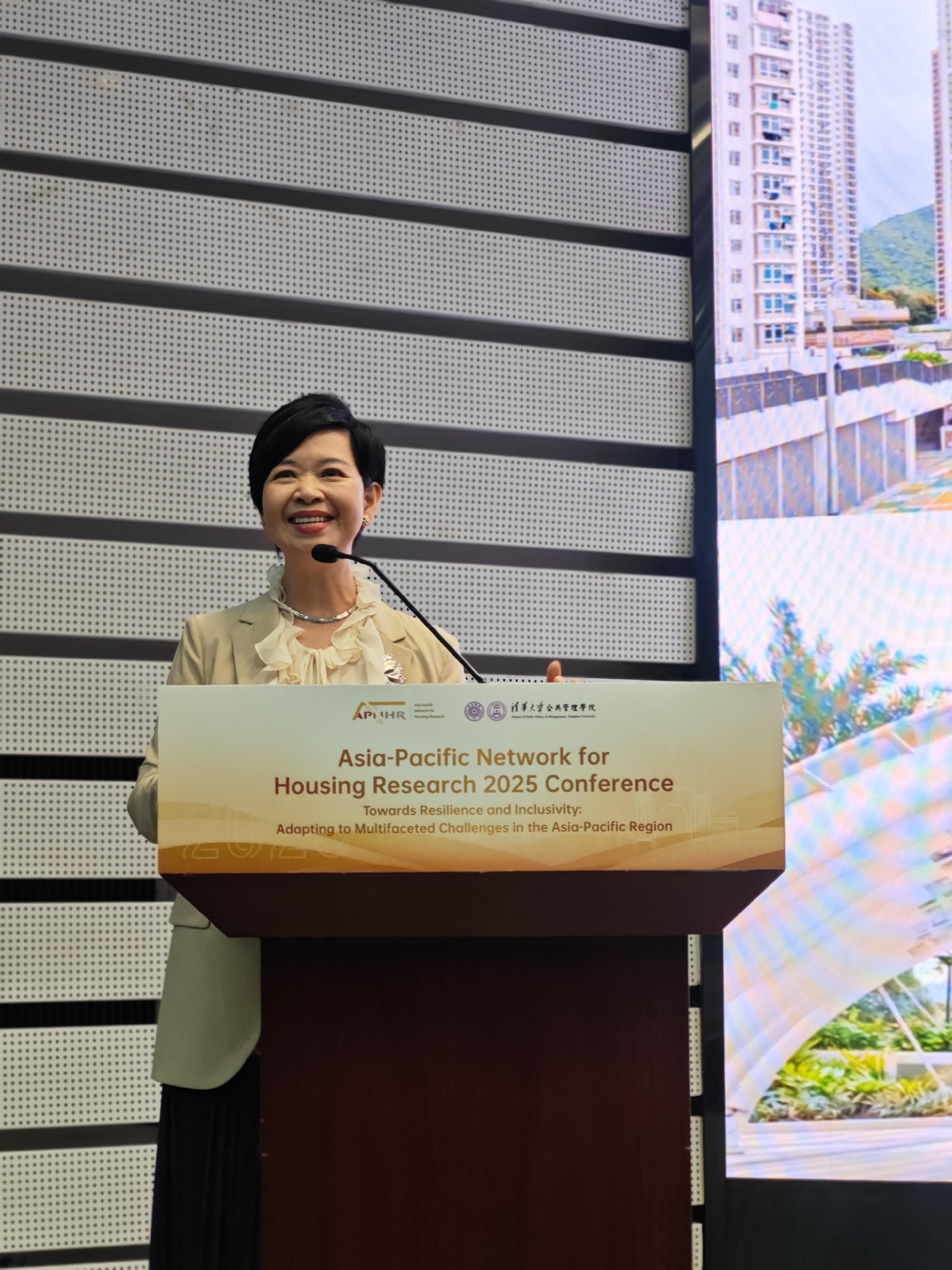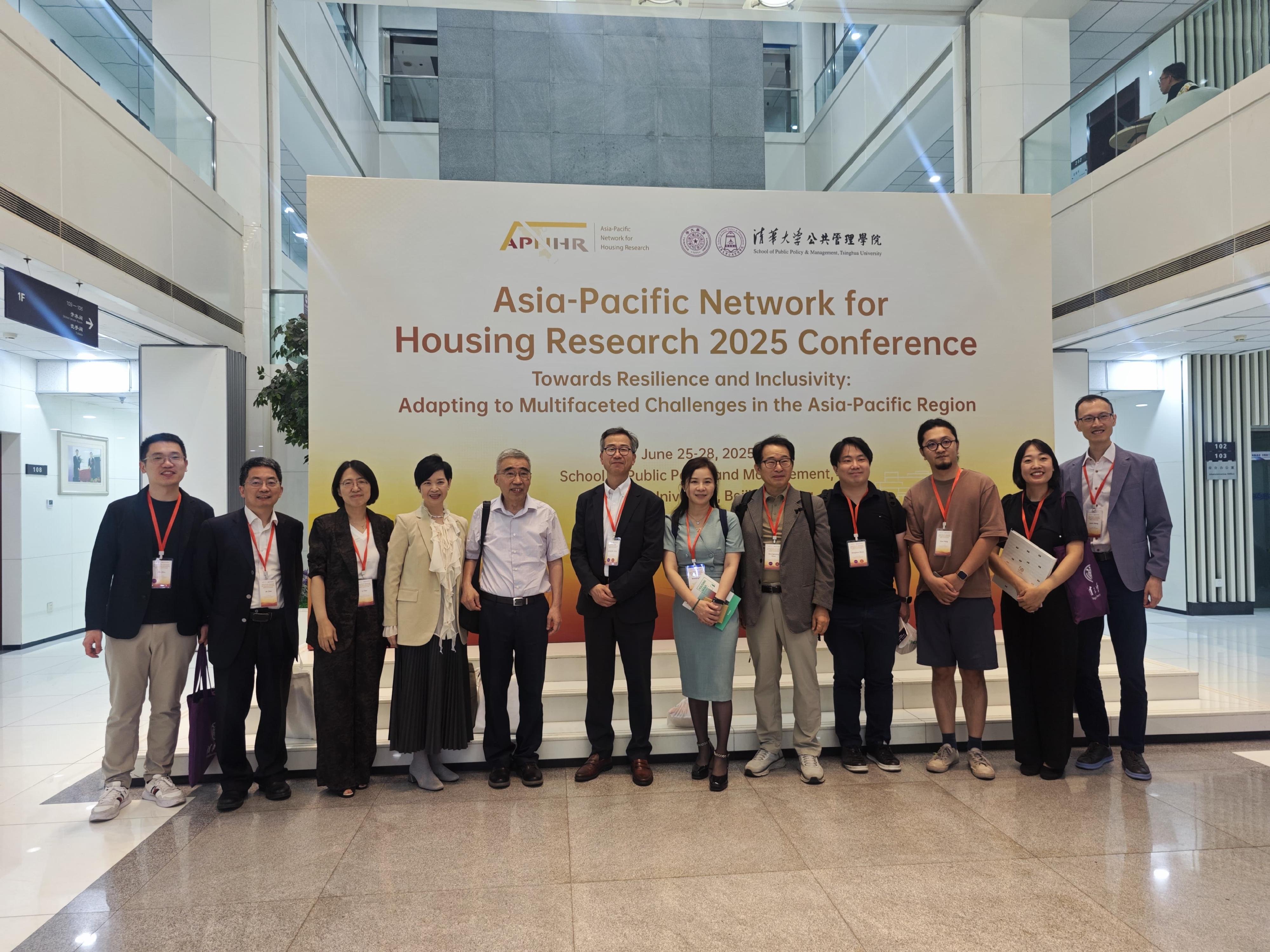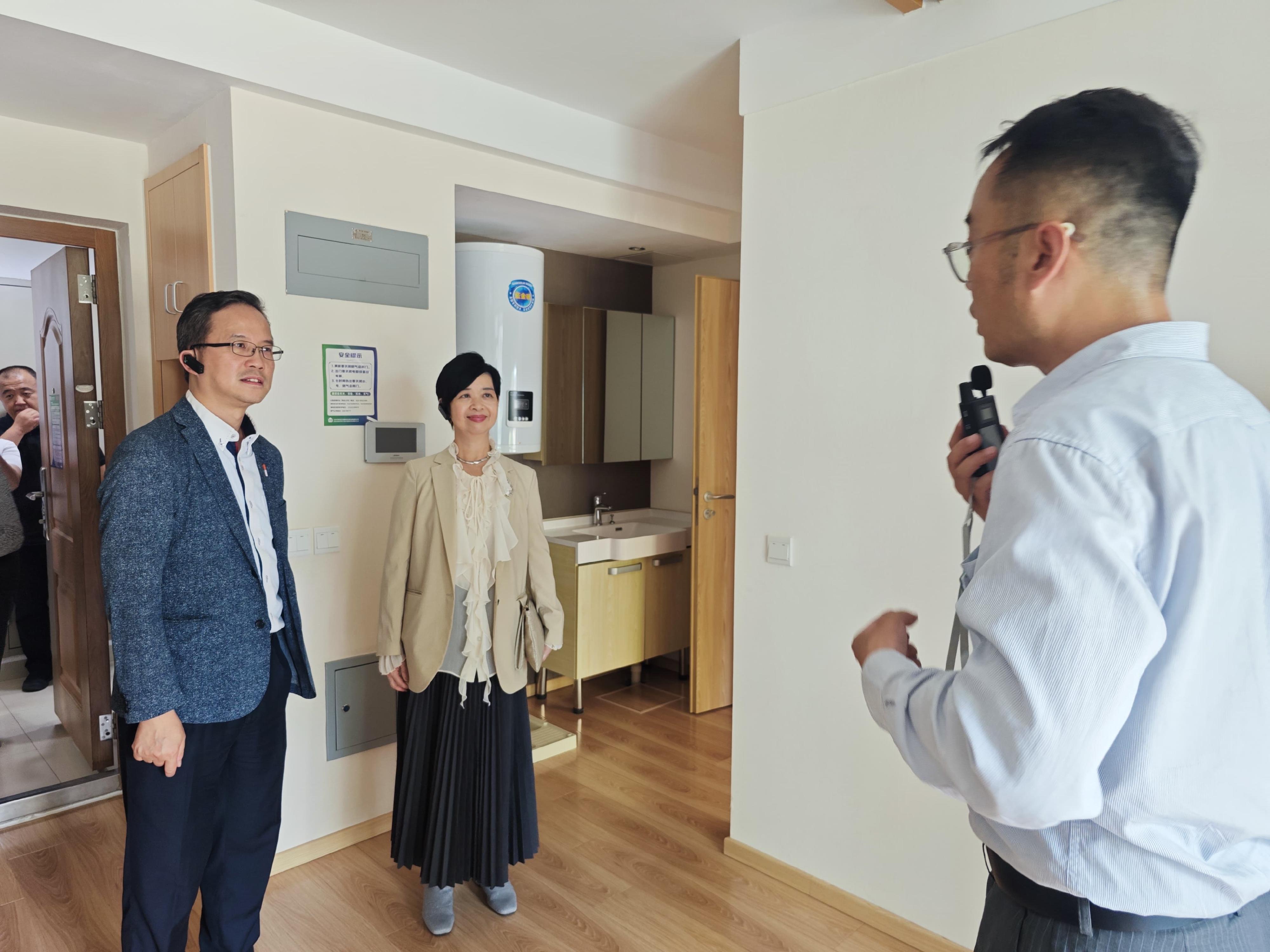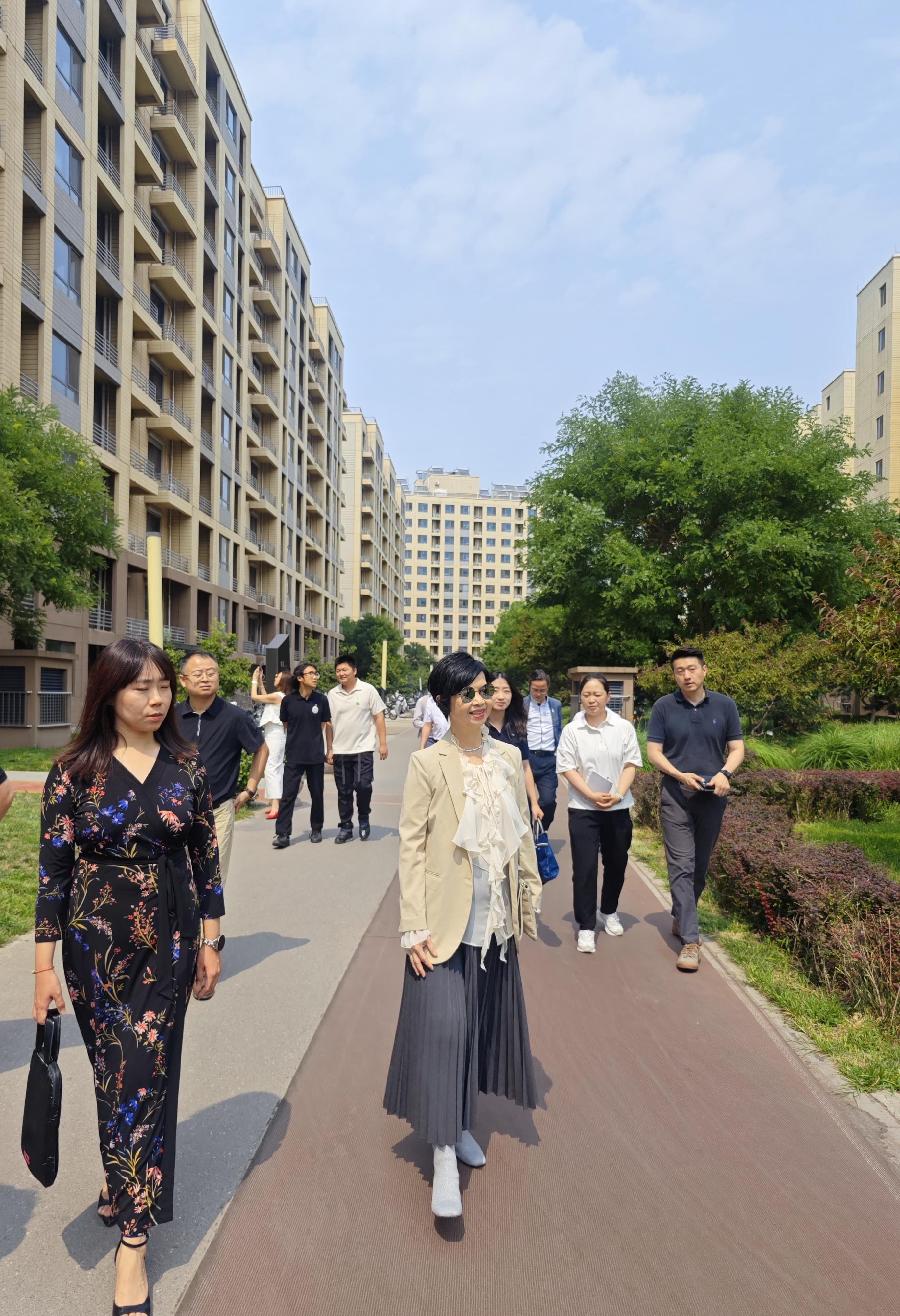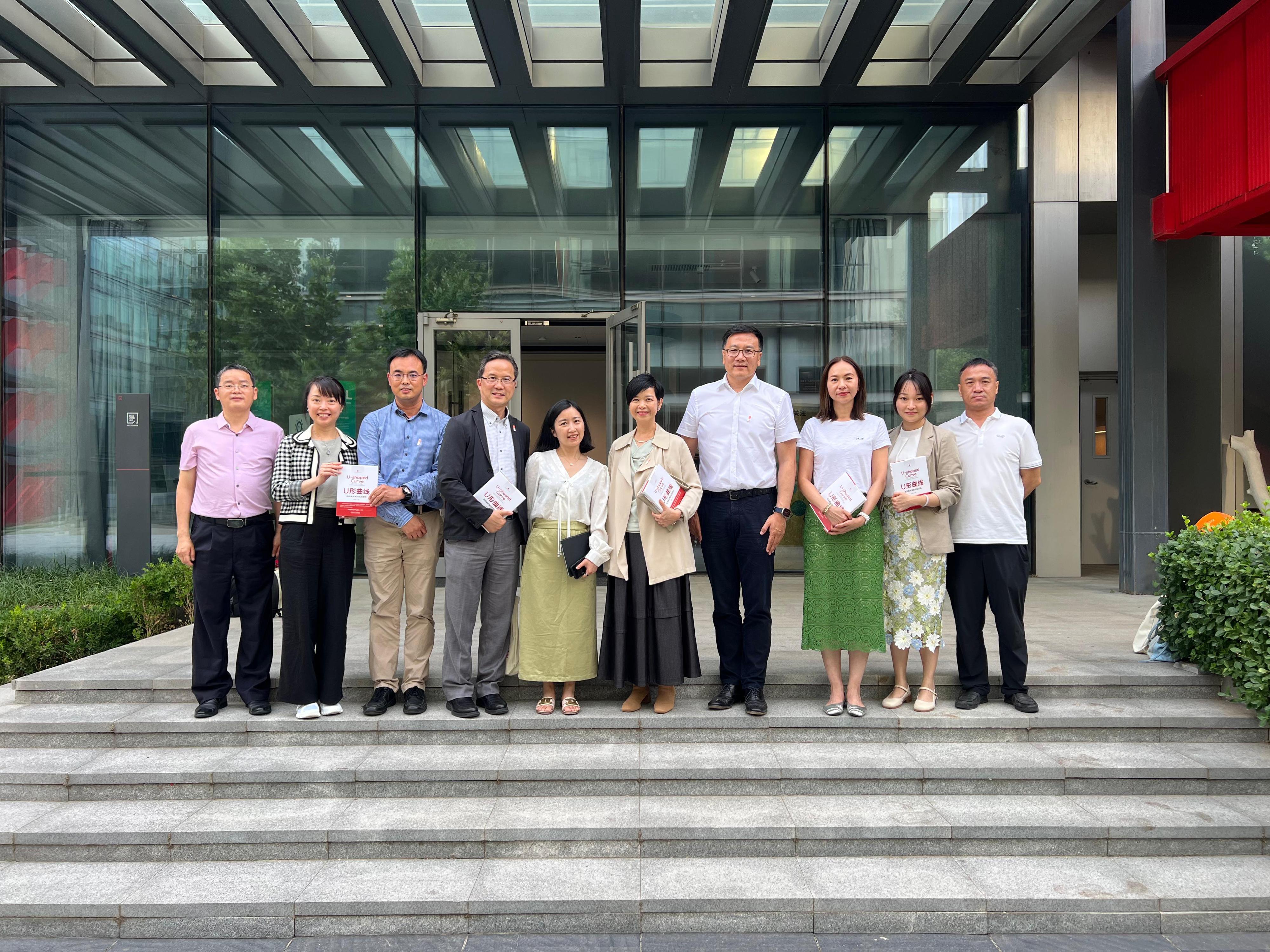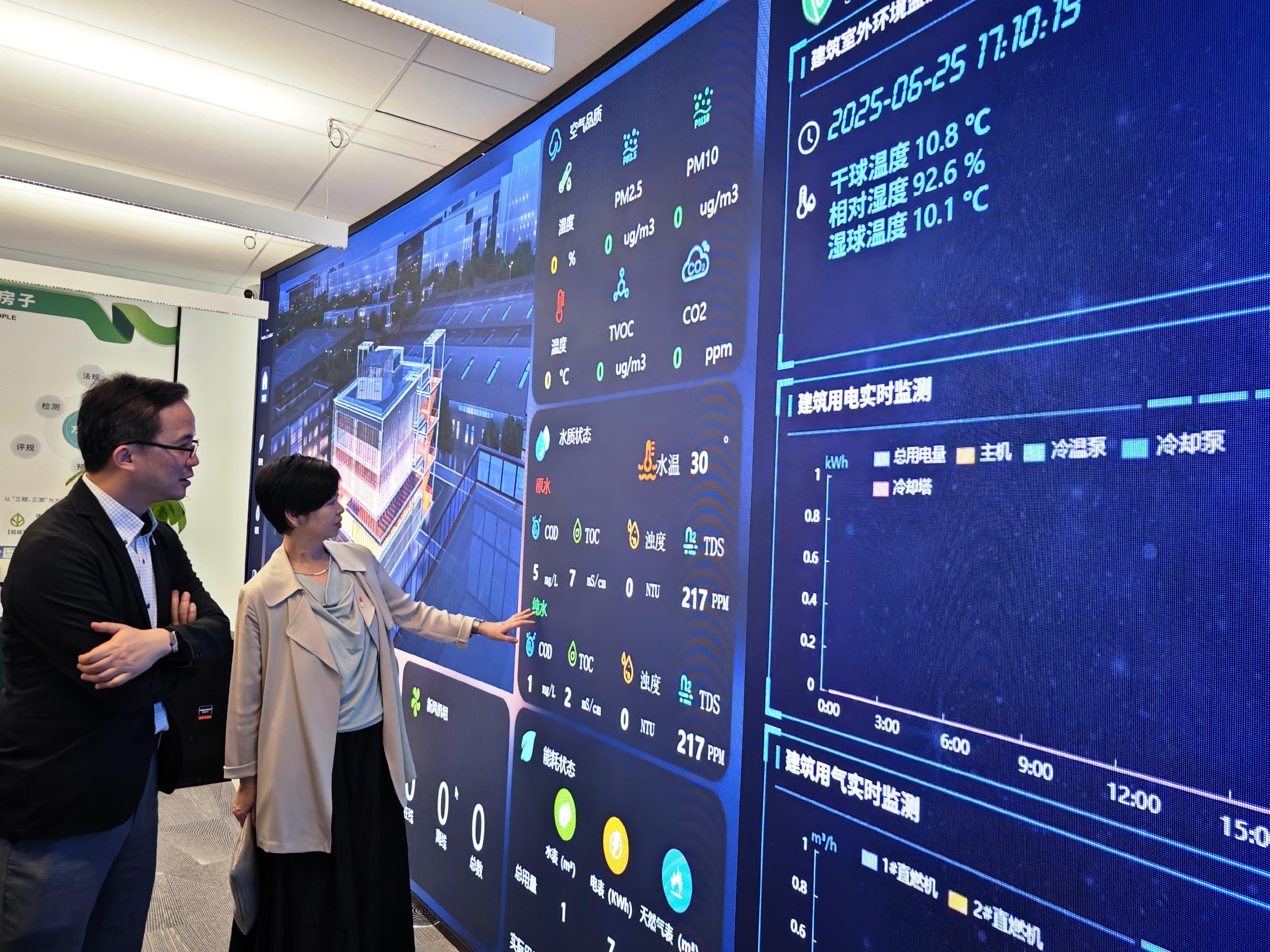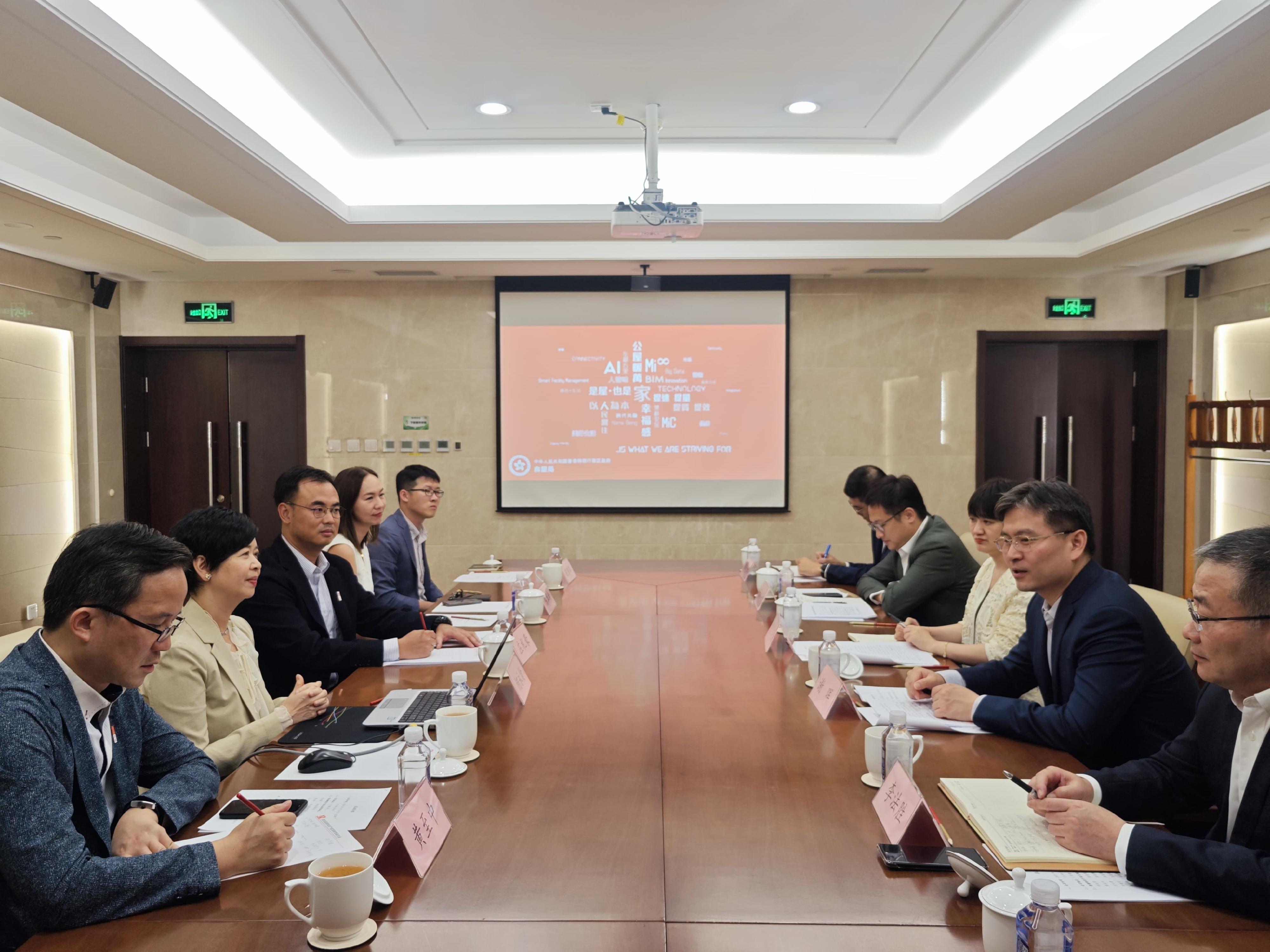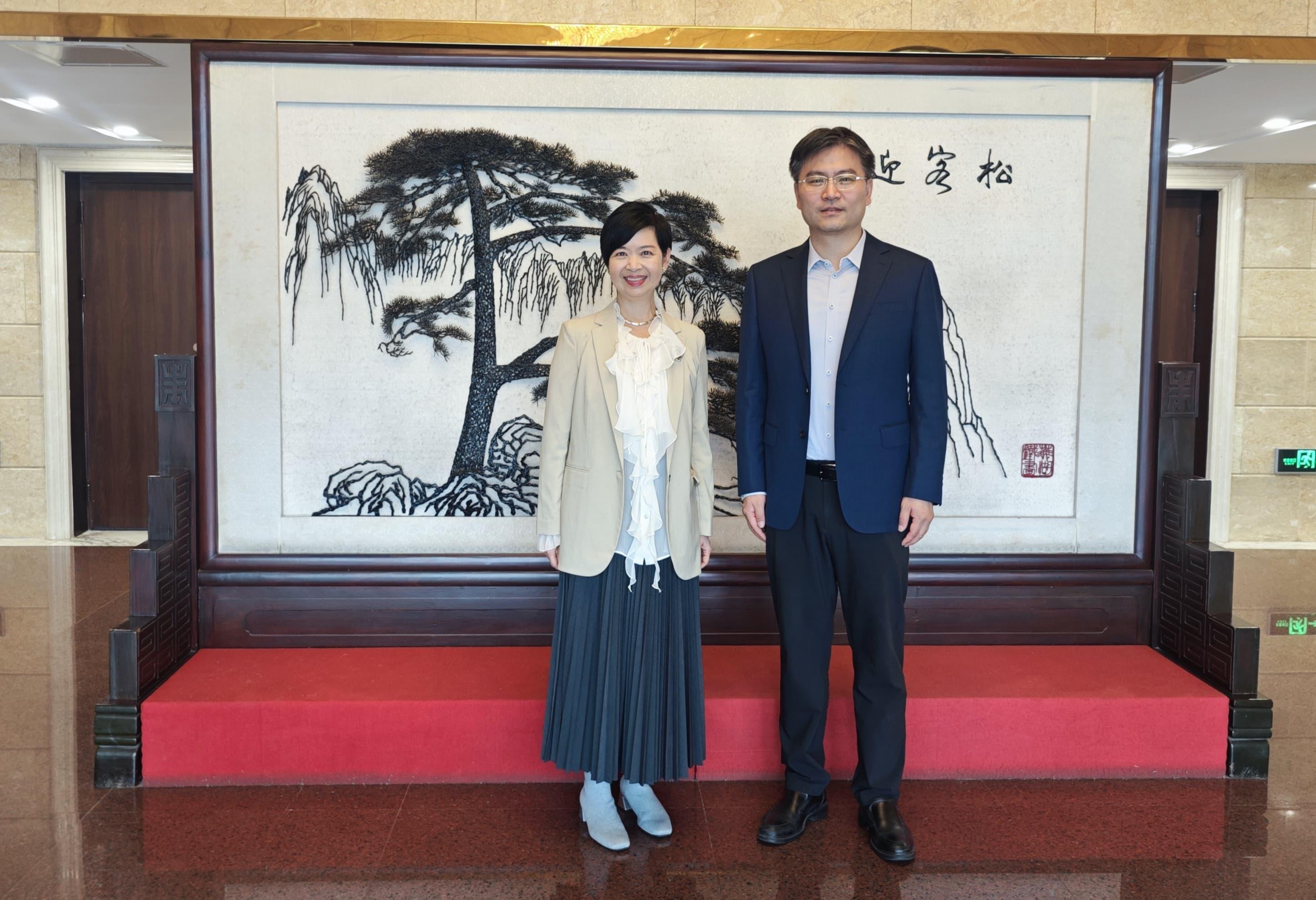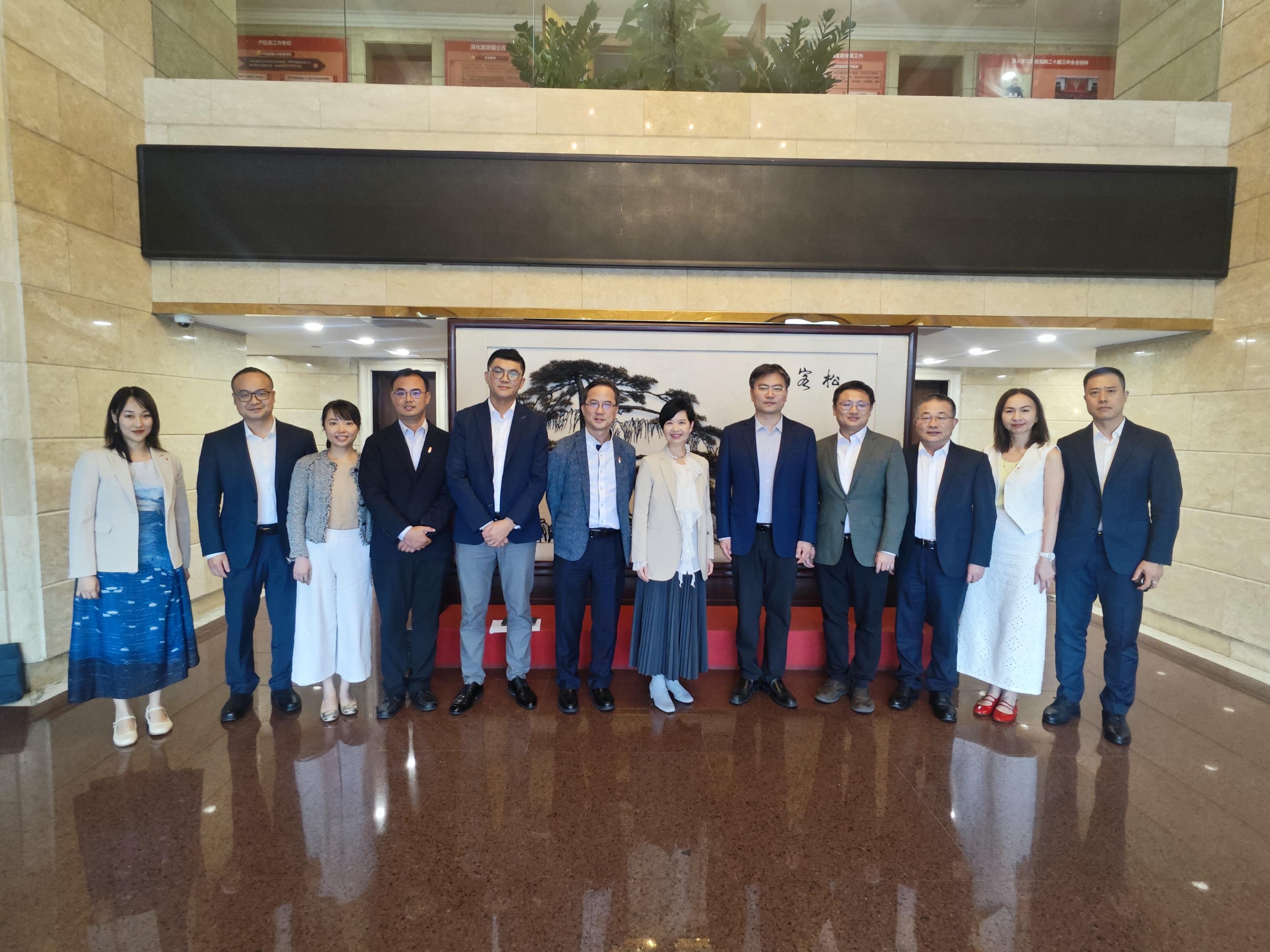S for Housing attends Asia Pacific Network for Housing Research 2025 Conference at Tsinghua University (with photos)
******************************************************************************************
The APNHR is an international organisation focusing on housing issues in the Asia-Pacific region. The conference was held at Tsinghua University this year with the theme "Towards Resilience and Inclusivity: Adapting to Multifaceted Challenges in the Asia-Pacific Region". The conference convened experts and scholars in the fields of architecture, urban planning, sociology, environmental studies, and others from the Asia-Pacific region to have in-depth exchanges on the housing development and challenges in the region, and to jointly explore ways to promote innovative housing construction and development directions. Participants included professors and students from Tsinghua University and relevant trade representatives.
Ms Ho attended the roundtable session of the conference in the morning. She shared the opportunities and challenges in housing development faced by the Housing Bureau (HB) of the Hong Kong Special Administrative Region (HKSAR) Government and the Hong Kong Housing Authority (HKHA). She said that the current-term HKSAR Government has actively addressed Hong Kong's housing problems since taking office, overcoming livelihood issues and addressing people's concerns by identifying sites and enhancing the quantity, speed, efficiency and quality of public housing construction. The HB is working full steam ahead on implementing groundbreaking innovative policy initiatives, such as Light Public Housing (LPH) and Basic Housing Units, to tackle the "long-standing, big and difficult" issue that has plagued Hong Kong for many years and to provide the grassroots with options to improve their living environment and quality of life. The HKHA, established over 50 years ago, has long been providing affordable rental housing to low-income families with housing needs. It continuously enhances the housing ladder to help low- to middle-income families gain access to subsidised home ownership, encouraging them to move up the housing ladder and thus enhance people's sense of contentment and happiness.
Ms Ho said that Hong Kong, with its distinctive advantages of enjoying strong support from the motherland and being closely connected to the world, has leveraged the strengths of the Mainland cities of the Guangdong-Hong Kong-Macao Greater Bay Area in smart construction. The HB and the HKHA have been making use of various innovative construction technologies, such as Modular Integrated Construction (MiC), construction robots and smart project management platforms, to enhance construction efficiency and build LPH expeditiously, so as to improve the living conditions of those who are inadequately housed as soon as possible.
She also introduced at the conference the "Well-being design" guide launched by the HB and the HKHA last year. It covers eight well-being concepts, namely "Health & Vitality", "Green Living and Sustainability", "Age-Friendliness", "Intergenerational & Inclusive Living", "Family & Community Connection", "Urban Integration", "Upward Mobility" and "Perception & Image". The guide serves as a reference for the future design of new public housing and the improvement works of existing public rental housing estates, with a view to creating a more comfortable and vibrant living environment for public housing tenants. Apart from housing construction, the HKHA has also continued to enhance management efficiency and service quality of its nearly 200 public rental housing estates by actively promoting smart estate management and introducing new technologies to optimise estate management and building maintenance services, to provide a better living environment for its residents.
In the afternoon, Ms Ho visited the Qingtangwan public rental housing project in Beijing. This project is a green residential area that adopted the use of prefabricated components and environmental monitoring platforms, among others, that facilitate energy saving and decarbonisation and promote a low-carbon lifestyle. It also implements smart community management through community apps. This is in line with the HKHA's direction of promoting smart estate management through innovative technologies, which is of reference value to Hong Kong.
Afterwards, Ms Ho met with the Deputy Director-General of the Bureau of International Cooperation of the State-owned Assets Supervision and Administration Commission of the State Council, Mr Xie Hui, to exchange views on housing design and planning. She also shared the adoption of advanced construction technologies from the Mainland in Hong Kong and the outcomes. She mentioned that this year, under the Housing•I&T initiative, the HB will organise a series of activities and visits, including an international symposium to be held in Hong Kong in November, to showcase to the world the latest developments of construction technologies in Mainland China and Hong Kong. The HB will fully capitalise on Hong Kong's unique advantages of connecting with both the Mainland and the rest of the world and play the role of a "super connector" and a "super value-adder". She expressed hope that friends from around the world could attend the symposium to be hosted by Hong Kong at the end of this year.
Yesterday (June 25), Ms Ho visited the Better House Living Tech Lab and was briefed on the practice of combining housing design concepts of quality homes and technologies on the Mainland. Some examples are the installation of age-friendly facilities such as handrails and sensor lights, and the External Wall Three-Axis Surveillance System for monitoring the old exterior walls' stability, to create a safe and eco-friendly smart living environment.
Ms Ho will continue her visit to Beijing tomorrow (June 27) before returning to Hong Kong.
Ends/Thursday, June 26, 2025
Issued at HKT 18:09
Issued at HKT 18:09
NNNN





